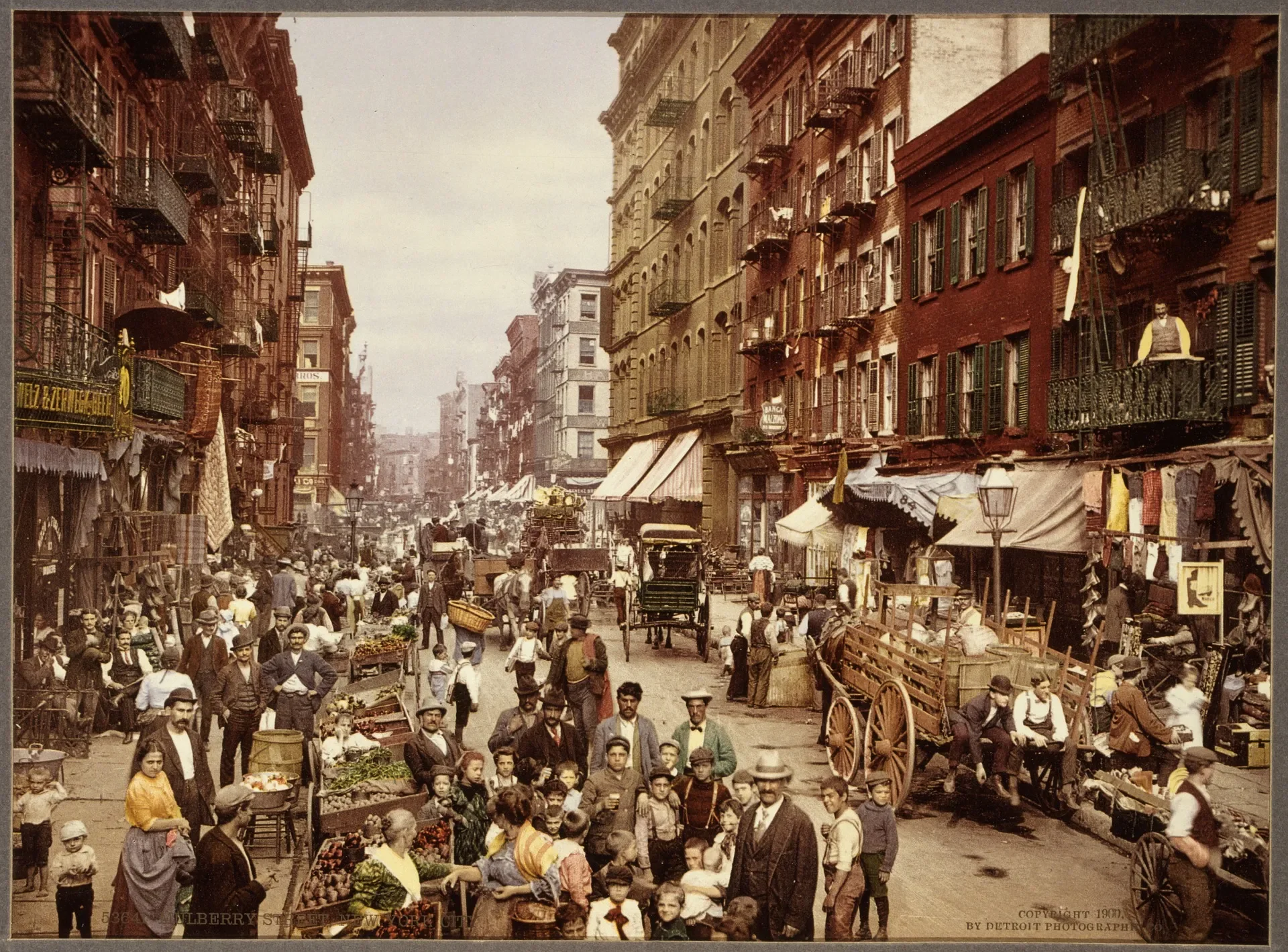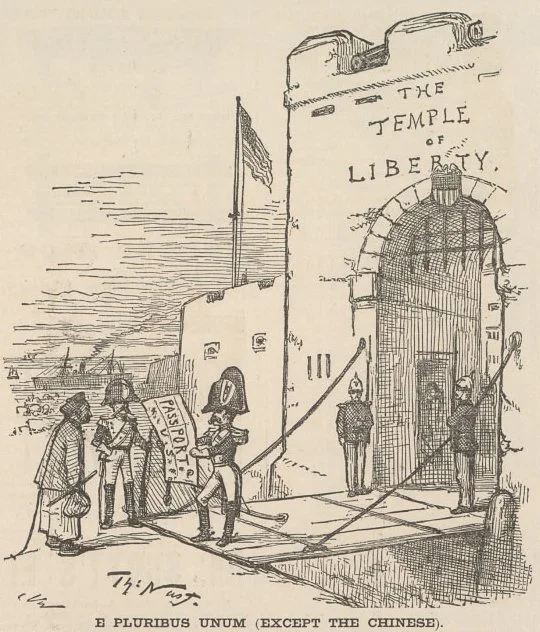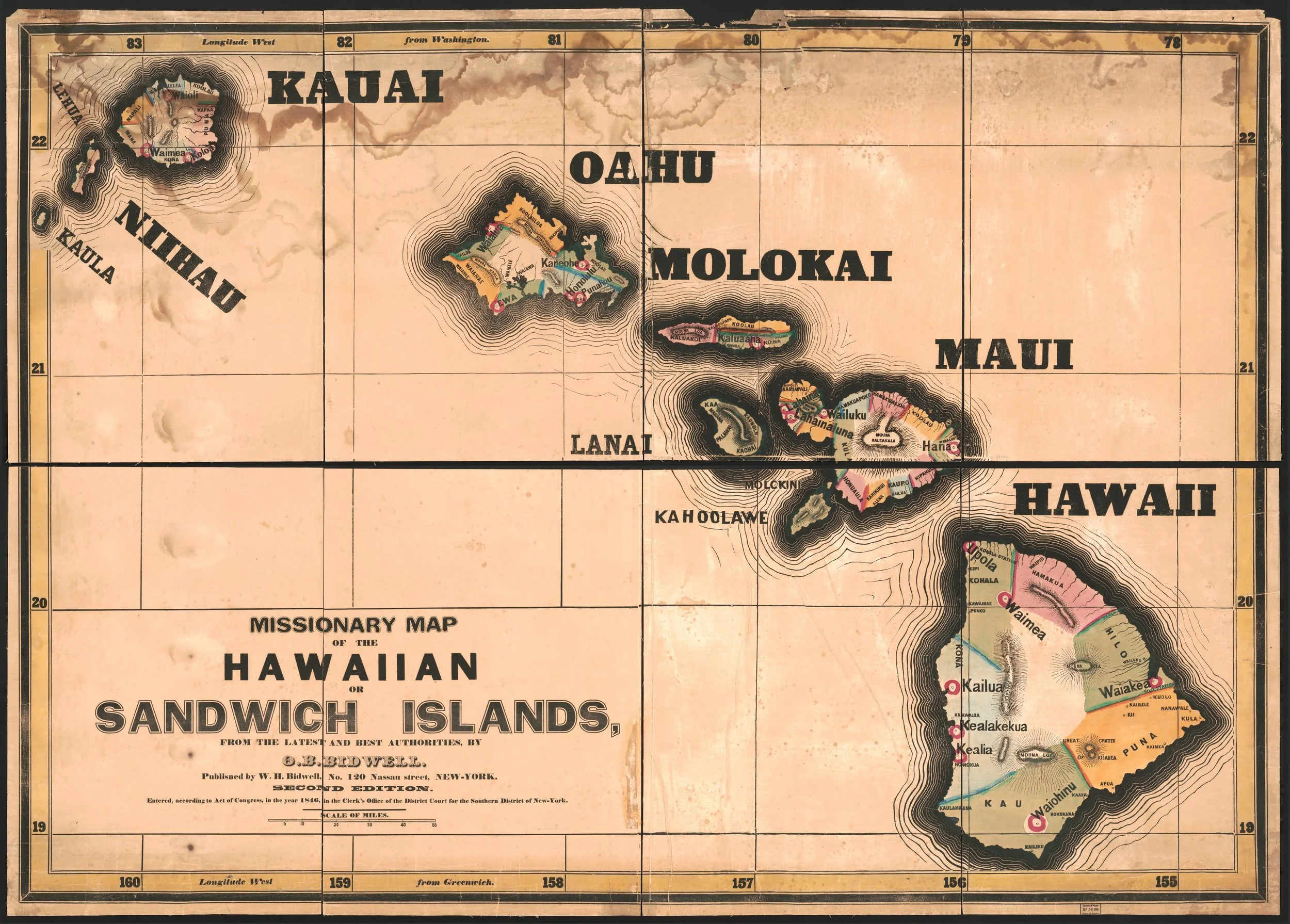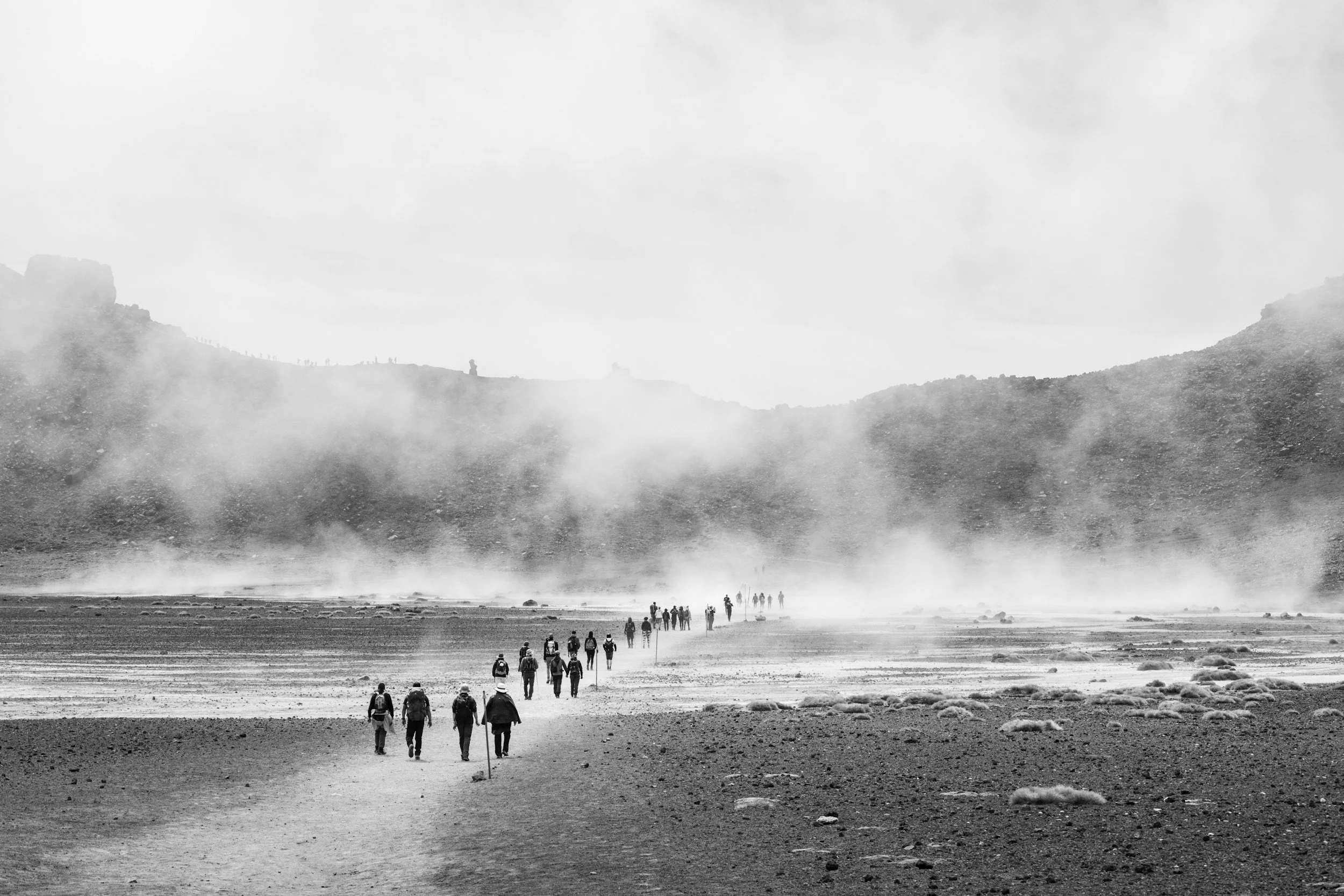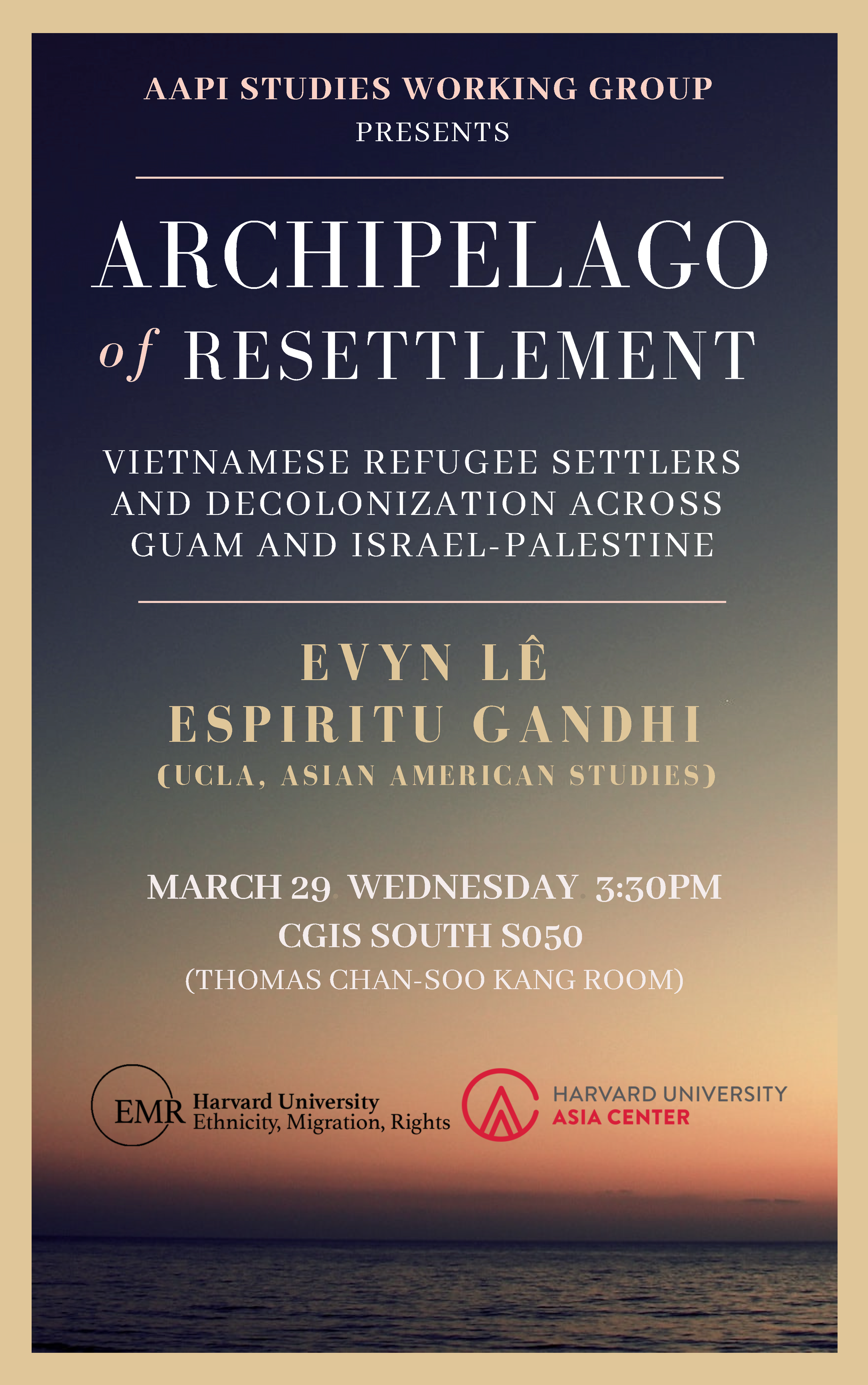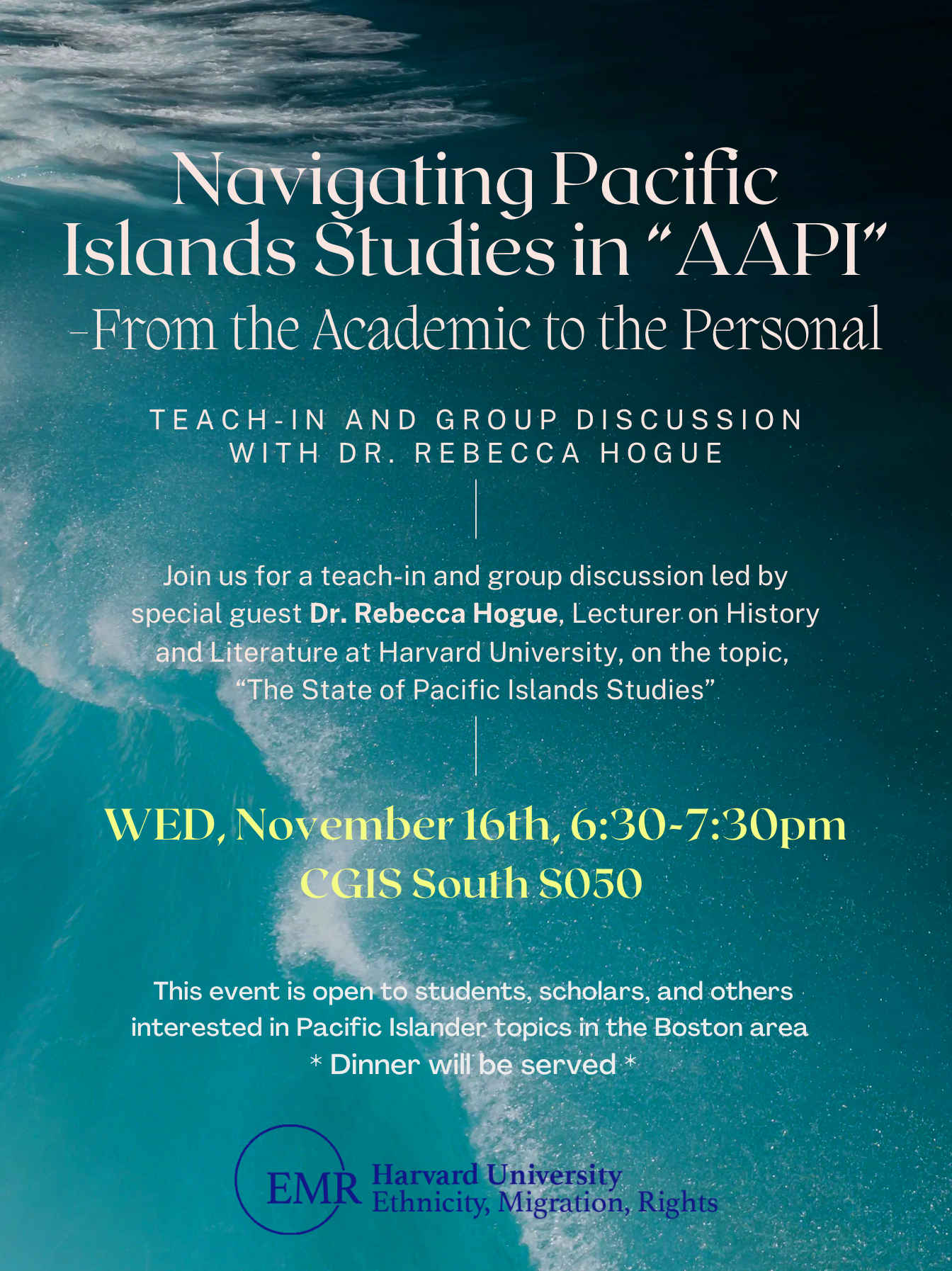
Research
Book Project (dissertation)
Sacred Borders, Divine Hierarchies:
American Liberal Protestants,
US Immigration Policymaking, and Un/Making of the Asian Exclusion Era, 1875–1924
Journal Articles
My research interests and writings range broadly—from the religious dimensions of U.S. immigration policy (historical and contemporary), Asian American religious history, and religion's intersections with U.S. imperialism in the Asia-Pacific, to the interplay of religion, race, and class in the transpacific making of modern meritocracy.
-
American Medical Foreign Mission, Epidemics, and the Transformation of the Concept of Disease in Korea, 1884-1910. Christianity and History in Korea. 36(Spring, 2012): 227-268SYNOPSIS: This article critically examines Protestant medical missionary interventions in Korea between 1884 and 1910, situating them within the broader encounter and collision between Western Christian modernity and Joseon’s traditional religious-medical worldviews. Focusing on the acute epidemics that ravaged late nineteenth-century Korea—such as cholera, smallpox, and malaria—the study traces how missionary medicine sought not merely to treat disease but to fundamentally reconfigure Korean concepts of illness, healing, and cosmology. Through a strategy deeply imbued with Enlightenment rationality, medical missionaries framed Korean disease understandings as superstition and misbelief, promoting Western scientific notions such as bacteriology, hygienic spatial reform, and biomedical intervention. This project reveals that missionary medicine operated through five interconnected trajectories: the delegitimization of indigenous spiritual explanations of illness; the propagation of germ theory; the restructuring of daily spaces through sanitary discipline; the dissemination of Western biomedicine as a superior "scientific" system; and the reorientation of healing itself toward Christian theological principles. Ultimately, the article argues that Protestant medical missions served as critical vectors of religious, epistemic, and socio-cultural imperialism, advancing a project of racialized enlightenment that simultaneously pathologized, re-ordered, and spiritually redirected Korean society under the guise of humanitarian care. By uncovering the entanglement of medical, religious, and imperial discourses, this study contributes to a deeper understanding of how Protestant missionary modernity reshaped the very conditions of life, death, and salvation in Korea during a moment of profound colonial transition.
-
Saving Souls, Barring Bodies: The Religious Origin of America’s First Federal Immigration Restrictions, 1850–1880.
- Under review with Church History
* Nominated for the 2025 Sydney Mead Prize for Best Unpublished Dissertation WorkSYNOPSIS: This article reinterprets the origins of anti-Asian immigration laws in the United States by foregrounding their religious and moral dimensions, recovering the overlooked role of religious actors and rhetoric in shaping early immigration policy. It argues that America’s first federal immigration law—the Page Act of 1875—marked not merely an economic or racial rupture but a profound religious, theological turning point. Long before substantial Asian migration, Protestant missionaries, acting as self-appointed experts on China, crafted influential portrayals of Chinese migrants—particularly women—as morally suspect and sexually deviant. Circulating widely through both religious and secular media, these depictions fused American colonial ambitions abroad with racial anxieties at home. Central to this process was moral policing, a strategic framing that allowed policymakers to justify exclusion as the defense of public morality and Christian virtue rather than overt racial bias, mitigating diplomatic tensions and broadening popular support for restrictive measures.
By tracing how missionary knowledge moved from church contexts into American governance, the article reconceptualizes the late-nineteenth-century American West as a contested moral frontier—where race, religion, and national belonging were actively negotiated and legislated.
Work Under Review
or in Progress
Prophets of Sugar, (Profits)Price of Salvation: Missionary Imperialism and the Religious-Racial Construction of Good Migrant Labor Subject in Hawai’i's Sugar Plantations, 1900-1910. * Under-review
-
This article explores the significant role of American Protestant missionary networks in shaping the early wave of Korean migration to Hawai’i's sugar plantations between 1900 and 1910. Through extensive archival research across multiple transpacific sites, it investigates how missionaries were instrumental in forming and sustaining what Sven Beckert (2014) terms the "global networks of labor, capital, and state power." Moving beyond conventional narratives centered solely on migrants' arrival in Hawai’i, this study adopts a multi-sited approach to critically analyze the interplay of religious discourse, imperial capitalism, and racialized labor exploitation both before and during Korean migration. It argues that missionaries strategically constructed Korean migrants as ideal Christian laborers, morally and racially superior to other Asian groups, thereby facilitating their integration into imperial economic agendas and settler colonial structures. This religious-racial framing not only rationalized labor exploitation and justified the harsh conditions of indentured servitude but also profoundly influenced broader American discourses on race, citizenship, and empire at the height of Asian exclusion policies. By integrating the histories of religion, migration, and empire, this work provides critical insights into the enduring impact of religious missions in shaping imperial imaginaries and racial hierarchies across the Pacific.
“Diaspora.” For the forthcoming Oxford Handbook of Asian American Religions, edited by Melissa Borja, Helen Jin Kim, and Justin K. Tse. New York: Oxford University Press. * In progress.
-
TBA
Selected Conference Paper
-
Panelists: Brendan Shanahan, Eric Schlereth, Eva Payne, Magdalene Klassen, Seokweon Jeon
* Accepted and Scheduled in April 2026
-
[Roundtable] Religion and Eugenics: A Critical Roundtable on Histories, Resurgences, and the Struggle for Bodily Freedom (roundtable organizer & chair)
Panelists: Seokweon Jeon, Terence Keel, Jamie Marsella, Charles McCrary, Irene Stroud, Melissa Wilde
SYNOPSIS: This roundtable explores the enduring entanglements of religion and eugenics, analyzing how theological, economic, and political frameworks have historically shaped and continue to shape reproductive governance, bodily autonomy, and national belonging. While often framed as a relic of the past, eugenic logics persist in contemporary debates over reproductive rights, demographic anxieties, and medical ethics. From early 20th-century liberal Protestant justifications for racialized population control to modern right-wing natalism, religious actors have played central roles in sustaining and resisting eugenicist ideologies. The resurgence of pronatalist politics—exemplified by figures like J.D. Vance—revives historical fears of white fertility decline, positioning reproduction as a national imperative. At the same time, religious ethics continue to inform debates over reproductive justice, disability, and genetic “fitness,” raising urgent questions about whose lives are valued and whose autonomy is constrained. This roundtable interrogates how religious institutions and ideologies shape freedom, exclusion, and the contested futures of bodily sovereignty.
-
Paper Title: “Afterlives of Twin Panics: White Slavery, Yellow Peril, and the Moral Politics of Border Control”
Location: Boston, MA / April 2025
Amid the resurgence of anti-immigrant rhetoric and intensifying narratives portraying migrants as criminals and traffickers, this paper examines the historical entanglement of the 'white slavery' panic with the concurrent racialization of ‘yellow slavery’ at the turn of the 20th century. Although initially framed as efforts to rescue white women from sexual exploitation, campaigns against “white slavery” strategically expanded these narratives to depict Asian women as both hypersexualized threats and passive victims of enslavement. This dual portrayal positioned Asian women as existential dangers to white familyhood, justifying exclusionary immigration laws as essential to safeguarding racial purity and national integrity. Situating these intertwined moral panics within transpacific histories of racial formation and migration control, this paper demonstrates their enduring influence on immigration policy and public discourse.
This project re-orients Asian American studies by bringing it into dialogue with religious studies, revealing how Protestant purity movements redirected anxieties about moral decay toward concerns over Asian women’s mobility. Immigration laws, developed in concert with these movements, cast Asian women as racial and moral risks, subjecting them to regulation under the guise of protection. By tracing the reanimation of historical frameworks through contemporary anti-trafficking rhetoric, this paper foregrounds the enduring function of moral narratives—anchored in the racialized and gendered stigmatization of Asian femininity—in legitimating exclusionary immigration practices and perpetuating narratives of migrant criminality and sexual threat. It positions Asian American studies as vital to uncovering the underlying structures of state violence that racialize, regulate, and expel migrant bodies.
-
Paper Title: “For the Conversion of Other Asiatic Peoples”: The Mythologized Convergence of Missionary and American Interests in the Korean Frontier to Hawaii in the Era of Asian Exclusion, 1900-1905”
Panel: Missionary Intelligence and U.S. Ambition
* Panelists: David Holland (Harvard, Chair), Emily Conroy-Krutz (Respondent), Ethan Goodnight, Johanna Mueller, and Seokweon Jeon
SYNOPSIS: This paper investigates the complex interplay between missionary and American interests during the early 20th century, spotlighting the Korean immigration to Hawaii from 1902 to 1905. This migration, distinctively initiated and led visibly by American Methodist missionaries, highlights the critical role of missionaries as intermediaries between the US government, the Korean government, and Hawaiian planters, uncovering the nuanced and sometimes conflicting visions of ‘missionary interests’ and ‘American interests.’ Missionaries, deemed divinely sanctioned, interwove their spiritual missions with America's imperial diplomatic-economic ambitions, initiating and advocating Korean migration to Hawaiian plantations. The missionaries’ pivotal role in promoting mass migration of Koreans to Hawaiian plantations illustrates how they strategically emphasized the interests of the missionaries as the interests of the United States. Yet, their involvement in Korean migration, contrary to President Theodore Roosevelt's 1901 directive for Hawaii to develop along "traditional American lines" and their support for the Hawaiian plantation system amid legal constraints on 'contract labor', indicates how missionary activities sometimes diverged from the official American domestic and foreign policy, especially in scenarios where the interests of the state and the church were at odds. Through accounts of cooperation, rivalry, and even hostility among missionaries and between them and American officials, this paper provides a nuanced perspective on how these divergent priorities influenced America's narrative of benevolence and moral authority abroad.
-
Paper Title: Moral Borders and Immoral(ized) Crossings: The Transpacific Emergence of the ‘War on Asian Prostitutes’ in 19th-Century America and the ‘Yellow Peril’ as the Sexual Peril”
Panel (organizer): Narratives of Embodiment and Corporeal Control: Constructing/Performing APIA Corporeality
* Panelists: Jane Hong (Occidental College, Presider), K. Christine Pae (Denison University, Respondent), Karis Ryu (Yale), Flora Tang (Notre Dame), and Seokweon Jeon
SYNOPSIS: This paper explores the transpacific formation of the 'War on Prostitution' agenda and the fear of the yellow peril, perceived as both the sexual and moral peril in 19th-Century America, examining the confluence of gendered and religious ideologies that underpin migration-control policies. In elucidating the dynamics of what Espiritu, Lowe, and Yoneyama (2017) called 'transpacific intimacies and entanglements' in the construction and dissemination of a moral panic concerning "Asian sexual slavery," the paper delves into how constructs of morality, intricately linked with state apparatuses, have been utilized to demarcate the limits of permissible conduct for women, especially targeting individuals deemed 'immoral' by state and religious entities.The paper focuses particularly on the influence of American foreign missions in East Asia and local political and religious discourses that have further categorized and controlled women based on perceived moral failings, scrutinizing the implications these measures have had on the broader discourse of migration and moral regulation.
-
Paper Title: “Religious Identity, Race, and Emerging Asian American Consciousness Among Korean/American Students in Early 20th Century America”
Location: University of California, Berkeley, CA
-
Paper Title: How to Sanctify an Empire: American Foreign Mission in Korea and Transpacific Labor Migration to Hawaiʻi, 1890-1910
Panel (organizer): Mapping the Encounter Between Religion and Empire in American History (Panel Organizer)
* Panelists: Heather Curtis (Chair), Michael McNally (Commentator), Anthony Trujillo, Damanpreet Pelia, and Seokweon JeonSYNOPSIS: In this paper, I examine American missionaries’ labor recruiting efforts in Korea and Hawaiʻi and reveal the interactions between American Presbyterian and Methodist missionaries and Hawaii’s sugar planters. The paper sees American Presbyterian and Methodist missionaries in Korea as an intermediary between Korean immigrants, the Korean government, and the Hawaiian Sugar Planters’ Association (HSPA). What is being highlighted is the critical role that American foreign missions played in the creation and expansion of the global networks of labor extraction and exchange between 1890 and the 1910s. By doing so, the study asks how religion (specifically, American foreign mission) engaged in the emergence and maintenance of what Sven Beckert (2014) calls “global networks of labor, capital, and state power” in the nineteenth- and early-twentieth centuries. At the same time, by drawing upon primary materials relating to the experience of Koreans, the paper examines how and why the system of indentured labor and transpacific labor migration took image of salvation, benevolence, and rescue, showing religious thoughts, practices, and institutions were integral to normalizing the burgeoning US imperial designs and desires.
-
Paper Title: "No Freedom without Christianity”: Religion, Imperial Mobility, and Resistance among Korean Students in U.S. colleges and universities, 1910-1939
Panel: Collaboration, Critique, Resistance: Rethinking the Study of Religion and U.S. Empire
* Panelists: Eleanor Craig (Chair), Damanpreet Pelia, Emily Morrell, Jacob Barrett, and Seokweon JeonSYNOPSIS: Unlike its historically harsh and tight restrictions on the low-skilled Asian population, US immigration restrictions were quite lenient to high-skilled professionals and students from Asia even at the height of the racist Asian exclusion era. As the beneficiaries of, what Paul Kramer called, “imperial openings,” a significant number of Korean students were exempt from exclusion and enjoyed a relatively greater freedom of movement in the early twentieth century. This paper focuses on Korean students who attended U.S. colleges and universities between the 1910s and the 1930s and explores how they navigated the two empires— the US empire and Japanese empire— through their religious ideas and practices. Drawing on a wealth of unpublished manuscripts from various periodicals and autobiographies, diaries, and correspondence records written by those who studied in US colleges, this paper examines how those Korean students understood an Americanized, imperialist vision of Christianity as the most important tool for Korea to obtain its independence from Japan. The paper argues that Christianity offered these Korean students a crucial site where their anti-colonial resistance and solidarity could be constructed and reinforced. At the same time, their adoption of predominantly white, American, evangelical vision of ‘freedom’ and “resistance” eventually prevented them from adopting a more inclusive, progressive, and indigenous form of anti-imperialism.
-
Paper Title: The Imperial Turn in American Religious History: An APA Religious Critique
SYNOPSIS: The field of American religious history has recently seen a surge of publications (specifically, edited volumes) on the historical relationships between American religion and US imperialism, advancing critical debates on how American religion and US imperialism developed in tandem. However, one striking aspect of these recent publications is the relative and absolute lack of attention to US imperialism’s entanglements with APA religions and communities. Through an in-depth analysis of some of the recent edited volumes and survey texts on American religion(s) and US empire, this paper examines where does this problematic marginalization of APA religions/communities come from and what negative impact the erasure has brought. The second part of the paper draws upon recent books on US empire and American religion by APARRI members and asks: (1) how their studies on APA religions/communities and US empire challenge the way that US imperialism’s past and its continued operations have been understood? (2) in what ways they call upon different methods and archives for acquiring knowledges? In addressing them, the paper explores potential ways that APA religious critique points towards possible future trajectories and lines of analysis for the discipline of American religious history.
Workshops / Seminars organized
